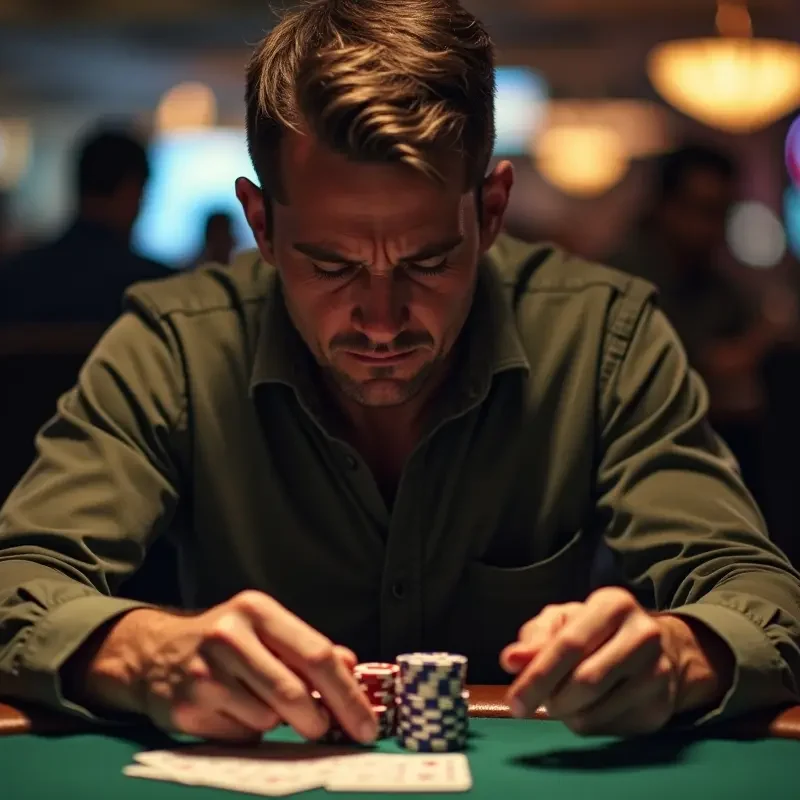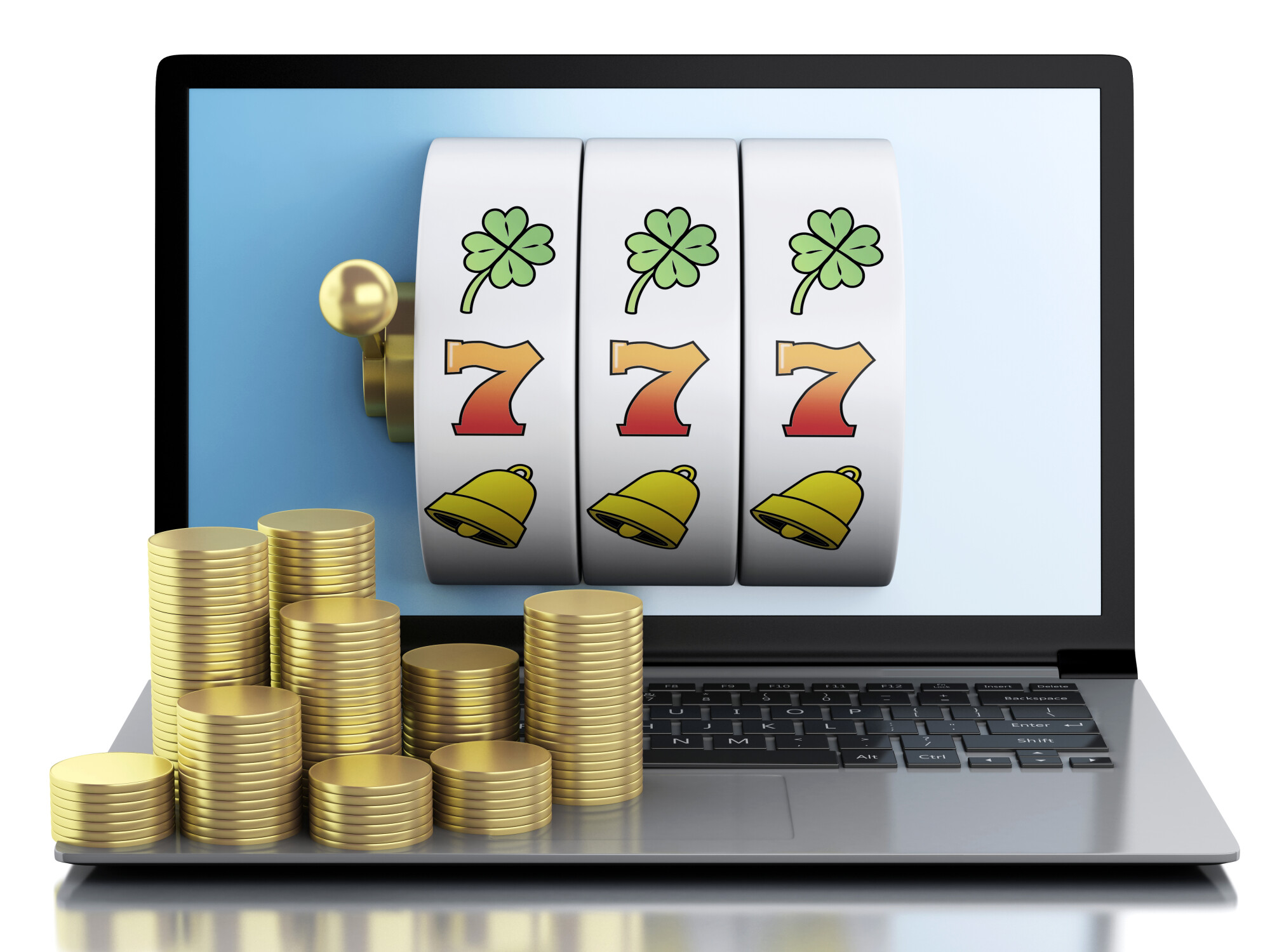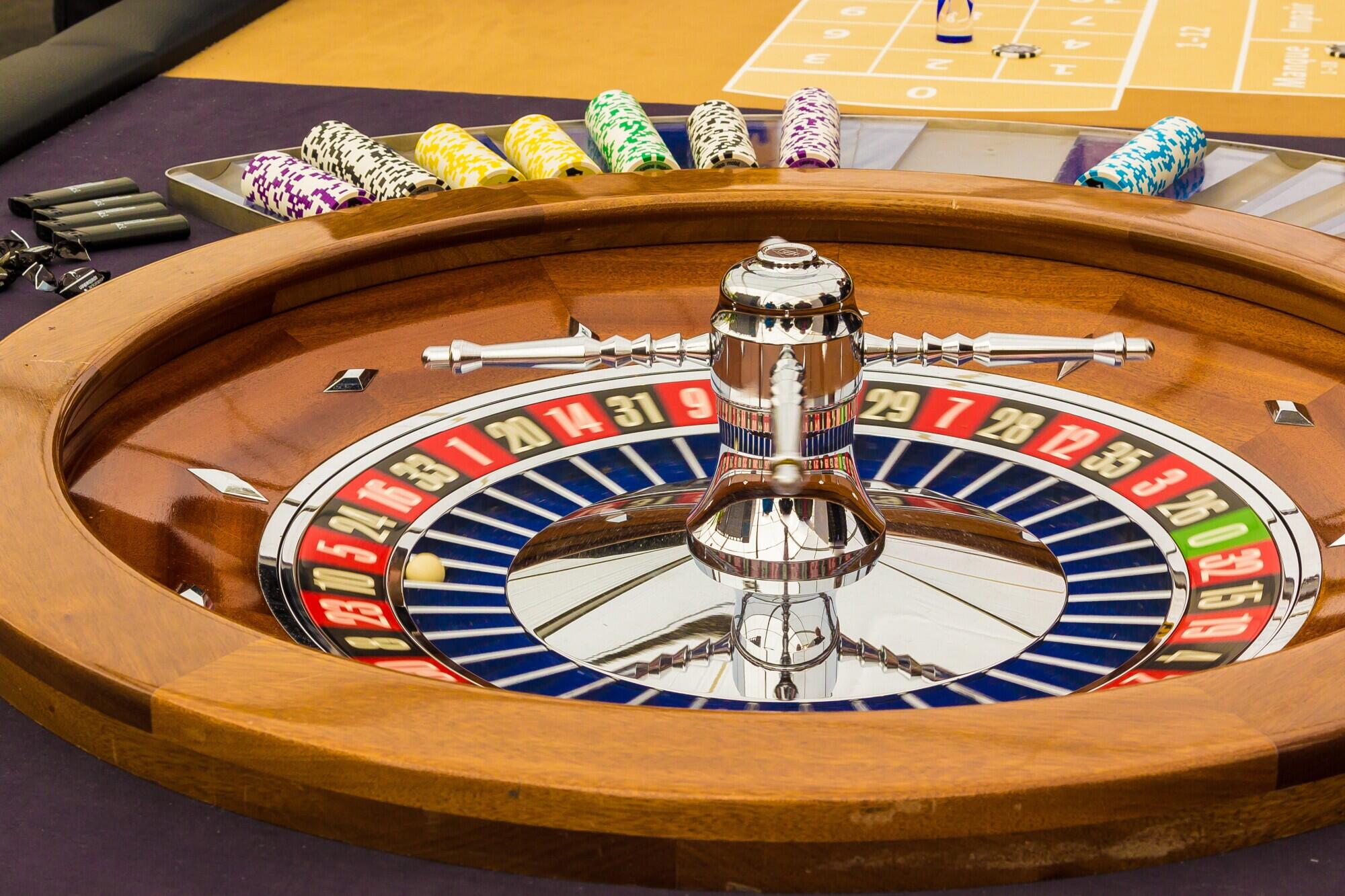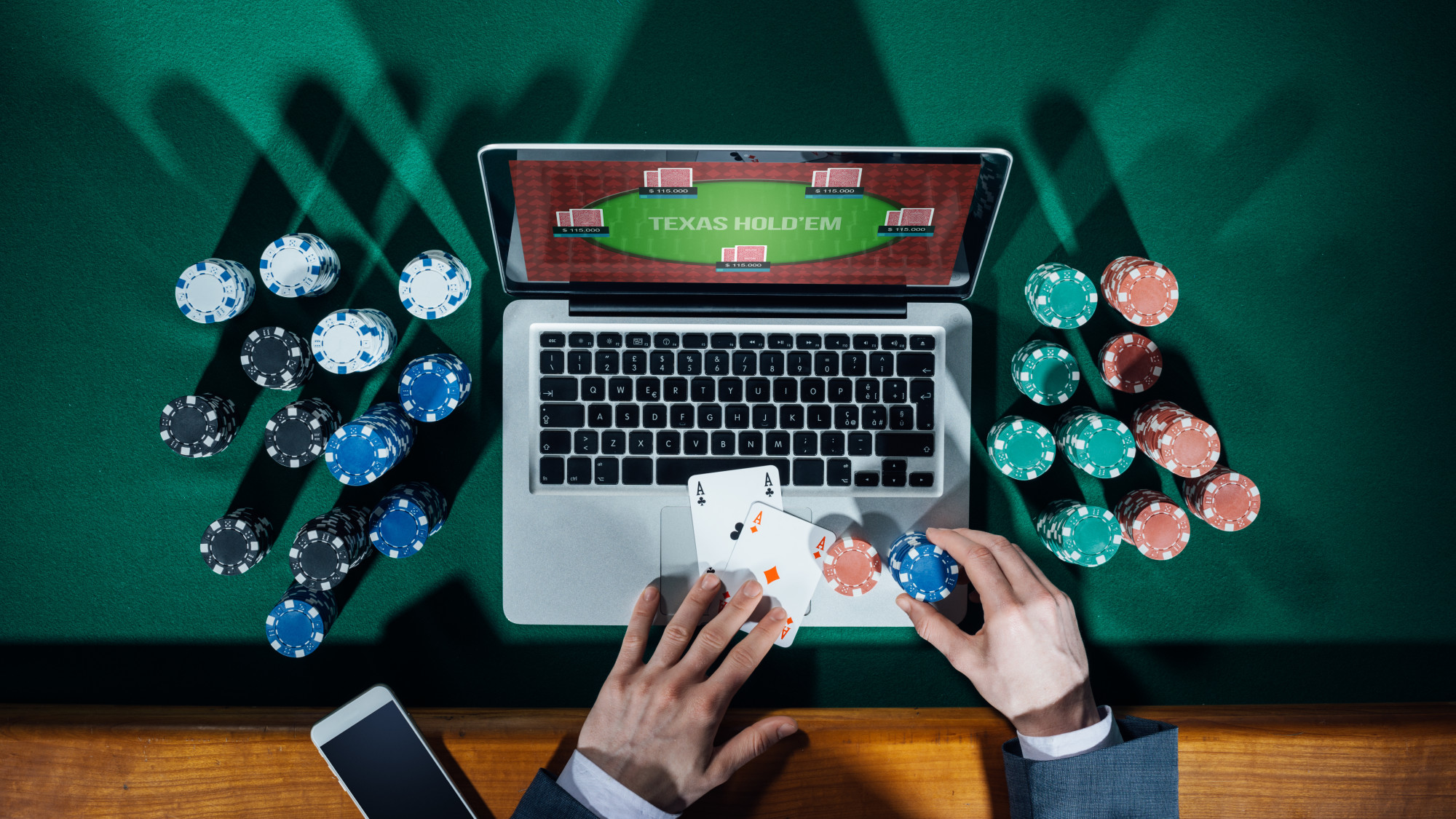Betting fast isn’t just about the money or the odds. It’s a mental game. We often focus on wins or losses. But what happens in the mind when you make quick decisions, propelled by impulse? That’s what I want to talk about: how the mental side of quick-decision betting works, what goes wrong, and what to watch out for.
Think about when you play something like an Aviator bet on a fast-moving online platform. You place your stake, you watch the multiplier climb (or you hope it will), and you decide when to cash out. The timing is everything. If you pull out too late, you fall fast. If you jump out too early, you might regret the missed upside. It’s high‐stakes timing. And the mental flip from “I’ll wait a little more” to “I must stop now” happens in a blink. Platforms like Betway include these kinds of high‐speed games where the decision window is narrow.
Here’s the thing: impulsive decisions in betting aren’t random, they’re influenced by how our brains respond to risk, reward and time pressure. Studies show that people who make more impulsive bets tend to have higher scores on impulsivity scales, and they tend to make riskier choices. For example, a meta-analysis found that in gambling disorder, decision-making impulsivity (choosing immediate reward over long-term benefit) was higher compared to control groups. Another study focused on sports bettors and found that impulsivity, emotion regulation difficulties and stress predicted gambling disorder over time. So when you’re in a game that asks you to act quickly, your underlying mental state matters a lot.
Why do we feel this urgency to decide fast? In fast-paced betting games, the “now or never” feeling is built-in. The design nudges you: multiplier climbing, timer ticking, your heart rate maybe up. A loss can sting, a win can inflate confidence. Research on gambling feedback shows after a loss, people were faster to start the next trial, indicating impulsive action triggered by losses. This “rush to act” can be dangerous in timing-based bets because you might act before you’ve thought, or before you know what you really want to do.
Another real-world angle: younger bettors or less experienced ones are more likely to place impulse bets (bets they didn’t plan ahead) and these correlate with higher risk of problems. In a study of over 1,800 adult sports bettors, most admitted to placing at least one impulse bet in the prior year. So the pattern is: fast decision + little planning = more risk.
Let’s pull that back to the high-speed context of games like the Aviator. You can load up quickly. You see the multiplier rising. The sense of control may feel strong (“I’ll cash out at 3×, no problem”). But the moment you hesitate, the multiplier might crash. That crash is part of the design. Your mind says “maybe I should wait a little more” rather than “stop now”. That hesitation can flip you from controlling to chasing. And that’s where you fall fast.
Here’s what might help you if you’re watching yourself or helping someone else:
- Set your rule ahead of time. Before you hit “play”, decide what you’ll accept as a win and when you’ll stop. In a fast game, once you’re watching the multiplier climb, your brain will try to outsmart itself.
- Recognise the mood and impulse. If you’re tired, stressed or excited, your decisions will likely be more impulsive.
- Beware “just one more” mentality. That thinking – “just one more round” or “just one more second” – is what shifts you from managing risk to reacting to fear or hope.
- Treat timing-based bets differently. Because the decision window is short and the multiplier is visual and dynamic, your impulse system is triggered more than in slow games. You’re not just picking an option: you’re reacting live. That adds stress and cuts down your chance to think.
- Know that wins don’t protect you. Even winning quickly can encourage more rapid bets, maybe bigger ones, because you feel “ahead”. But that comfort can lower caution. The feedback loop after wins can be just as dangerous as after losses.
Conclusion
In conclusion: betting fast isn’t just fun or thrill-seeking. It engages your impulsivity, your timing instincts, and your emotional control. In high-speed games like the one on Betway we mentioned, “win big soon” is tempting, but the mental side of “pull out now” is where the risk hides. If you’re going to play, do so with awareness. Recognise the moment when you’re deciding quickly instead of purposely. And remember: you can rise high, but you can also fall fast.







